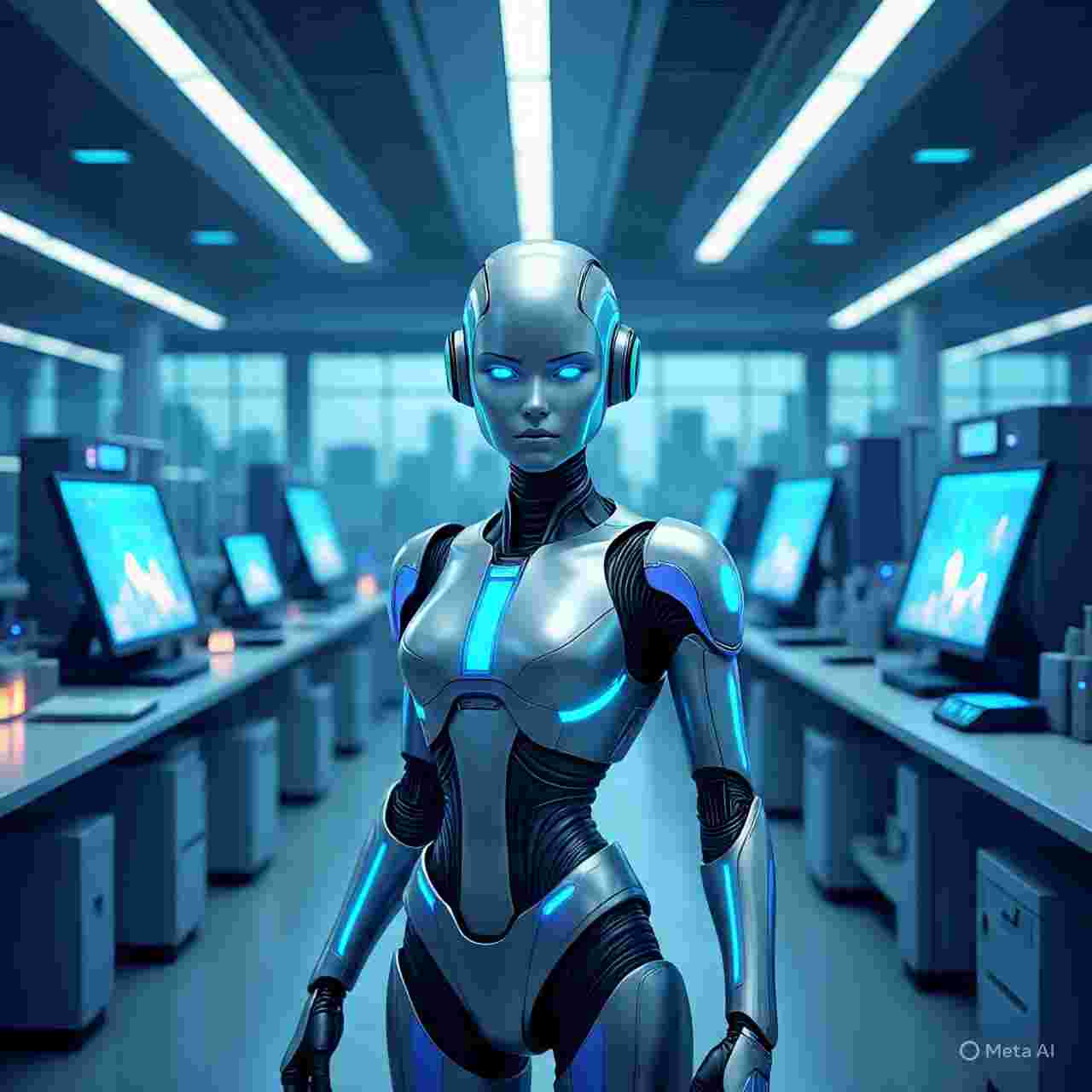Gaming has always been about fun, but in the digital era, it's becoming something bigger. Players want more than just entertainment — they want ownership, rewards, and transparency. This is where blockchain game development steps in. By combining blockchain technology with gaming, developers are creating experiences that empower players like never before.
What Is Blockchain Game Development?
At its core, blockchain game development is about building games on decentralized networks. Unlike traditional games where publishers control everything, blockchain-based games allow players to truly own their in-game assets.
Through technologies like NFTs, smart contracts, and crypto tokens, games can:
-
Give players verifiable ownership of items and characters.
-
Enable play-to-earn models , rewarding users with tokens for their time and effort.
-
Provide transparent economies , where transactions are traceable and secure.
-
Allow cross-platform compatibility , so assets aren't locked inside one game.
This shift is transforming gaming from a closed ecosystem into a player-driven economy.
Why Is Blockchain Game Development Growing So Fast?
Several trends are fueling the rise of blockchain gaming:
-
Play-to-Earn (P2E) Models – Games now reward players with crypto or NFTs that hold real-world value.
-
NFT Integration – Collectibles, weapons, skins, and land can all exist as unique digital assets.
-
Decentralization – Players no longer rely solely on publishers; they become stakeholders in the ecosystem.
-
Community Power – Blockchain gaming communities actively shape and grow the games they play.
With these advantages, it's no surprise that blockchain gaming is attracting both indie developers and major studios.
Key Benefits of Blockchain Game Development
Here's why blockchain gaming is gaining traction worldwide:
-
True Asset Ownership – Gamers keep their items even if a game shuts down.
-
Secure Transactions – Every trade is verified on the blockchain, reducing fraud.
-
Earning Potential – Players can generate income from time spent playing.
-
Scalable Economies – Developers can build tokenized ecosystems that evolve with demand.
-
Global Accessibility – Blockchain games attract players across borders, connected through crypto.
Real-World Examples of Blockchain Gaming
-
Axie Infinity – Popularized the play-to-earn model, allowing players to earn a living through gameplay.
-
Decentraland – Created a virtual world where users buy land, build experiences, and trade assets.
-
The Sandbox – Blends creativity and ownership by letting players design, own, and monetize virtual worlds.
These examples prove that blockchain gaming isn't a fad — it's a new way of engaging with digital worlds.
The Future of Blockchain Game Development
Looking ahead, blockchain gaming will likely integrate with emerging technologies like AI, AR, and VR. Imagine virtual worlds where your NFT items can be used across multiple platforms, or AI-powered blockchain games that adapt based on player strategies.
The rise of crypto game development and blockchain game development services shows that the industry is moving toward a future where entertainment and real-world value go hand in hand.
Final Thoughts
The gaming world is evolving fast, and blockchain is at the center of this transformation. With secure transactions, true ownership, and rewarding play-to-earn models, Crypto Game Development Company is setting the stage for the next era of gaming.
For developers, it's an opportunity to innovate. For players, it's a chance to finally own what they earn. The digital era belongs to those ready to embrace this change.




